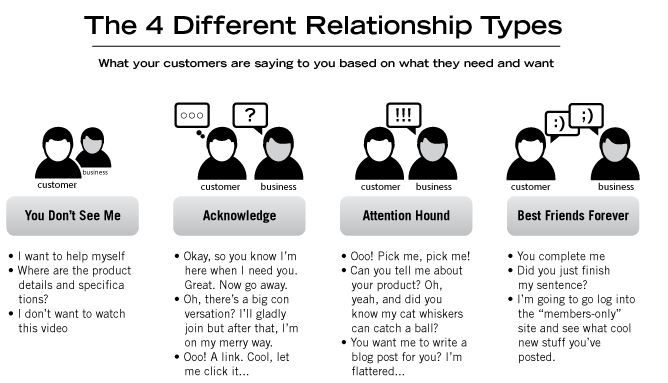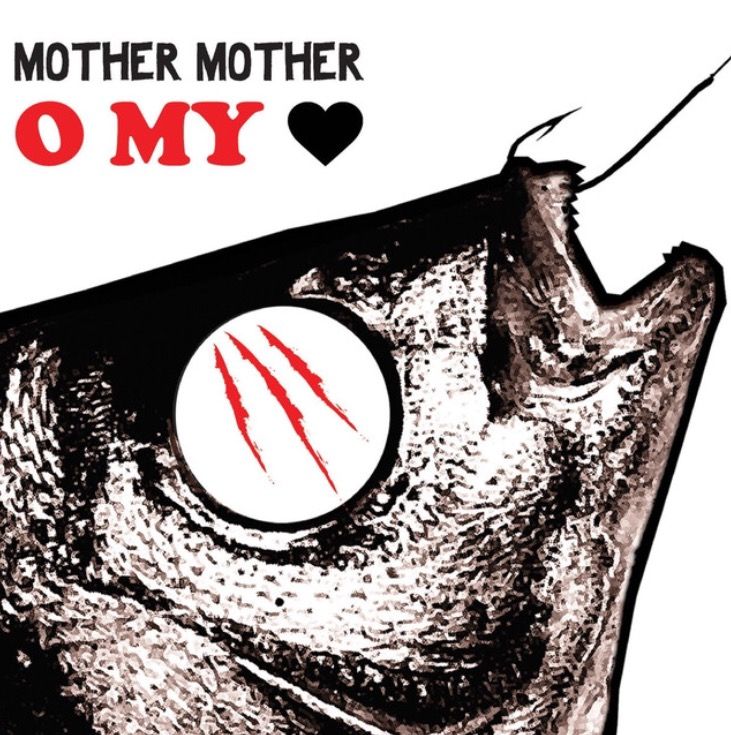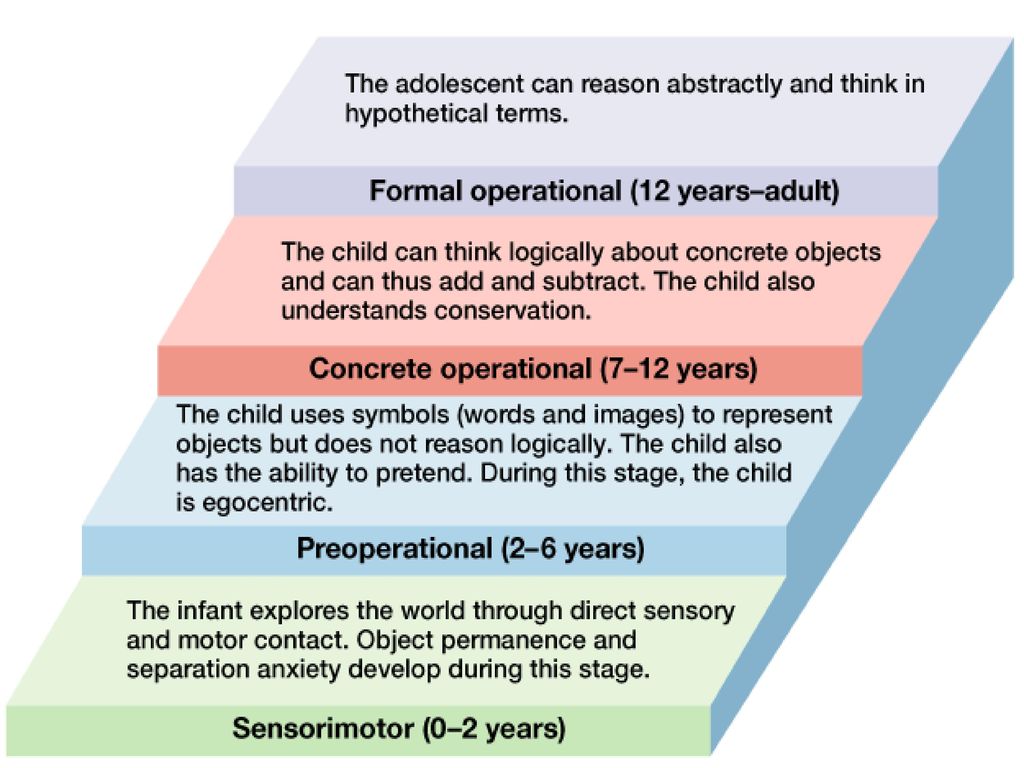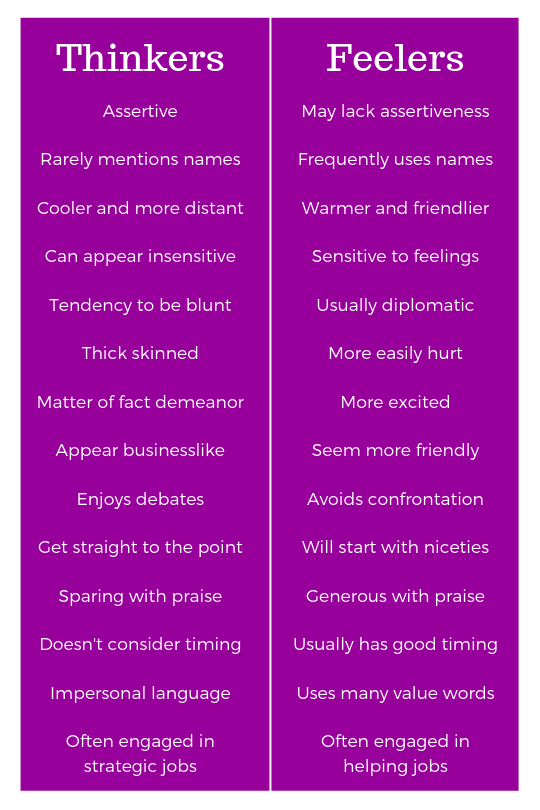What are some red flags in a relationship
13 common red flags in a relationship to look out for
Jump to section
What are red flags in a relationship?
13 red flags in a relationship to look out for
Yellow flags versus red flags
How to approach red flags in a relationship
Human connection is an important part of our lives. Feeling loved and having a sense of connection contribute to our mental health.
But not all relationships make our lives better. Some relationships aren't good for us. They damage our well-being instead of making it better. Some can even be toxic, and it’s important to recognize the red flags.
What are red flags in a relationship? How can you identify them? And most importantly, what should you do if your relationship has reached an unhealthy state?
Here’s your guide to navigating red flags in a relationship.
What are red flags in a relationship?
Red flags are warning signs that indicate unhealthy or manipulative behavior.
They are not always recognizable at first — which is part of what makes them so dangerous. However, they tend to grow bigger and become more problematic over time.
Red flags are often used in conversations around toxic or abusive relationships. Toxicity can present itself in any close relationship: friends, colleagues, family members, or partners.
Red flags can be signs of narcissism, aggression, victimization, or even abusive behavior. By becoming aware of some common red flags, you can avoid getting involved in a toxic relationship.
When you encounter relationship red flags, it’s a good time to pause and reflect on the dynamic you really share with that person.
Often, toxic behavior is subtle and insidious. It creeps up on us in moments of weakness, and if we cannot fight against it, it can take control over our lives.
This can lead to both ourselves and those around us getting hurt. Cultivating self-awareness around red flags and toxic behavior can help us avoid them altogether.
13 red flags in a relationship to look out for
Knowing how to identify red flags in a relationship is extremely important.
Before you can address red flags, you need to understand what they look like and why they are dangerous.
Unfortunately, some people start to accept red flags as a “part of the package” rather than warning signals. They then become vulnerable to emotional, psychological, and sometimes even physical harm.
Let’s look at 13 common red flags that can arise in any relationship. By learning what they look like and why they are harmful, you can put an end to toxicity before too much damage is done.
1. Overly controlling behavior
Overly controlling behavior is a common red flag. People that try to control your movements, decisions, or beliefs are more concerned about what they want than what is best for you.
In a healthy relationship, there is compromise and understanding around differences. Not one person controls the other person’s actions.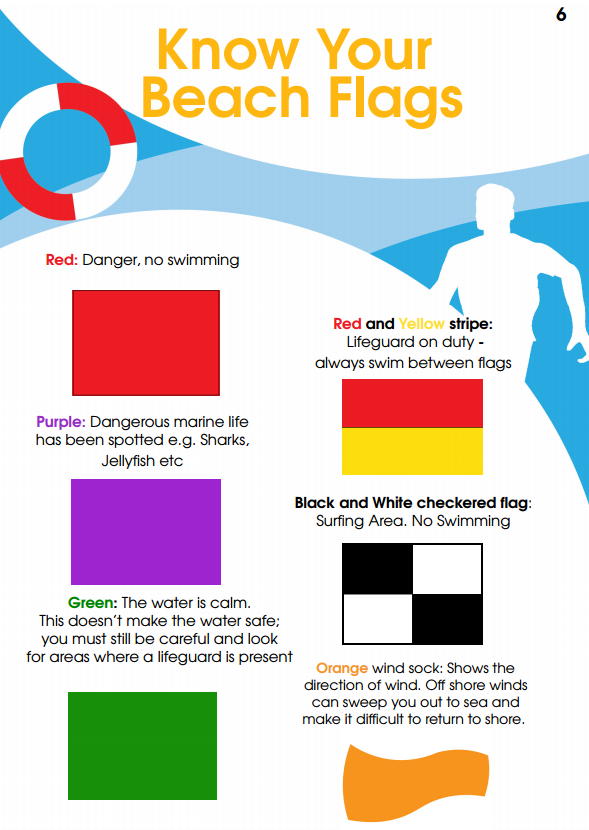
2. Lack of trust
Trust is an important foundation in any healthy relationship. A major sign of an unstable relationship is when partners, friends, colleagues, or family members distrust you.
Of course, we all have doubts sometimes. But they shouldn't stop us from trusting the people in our lives to do the right thing. Healthy relationships require trust on both sides.
3. Feeling low self-esteem
The people closest to you should build you up, not break you down.
When you love someone, you are committed to supporting and uplifting them. If you do not feel that support from your partner, family or friends, something needs to change.
4. Physical, emotional, or mental abuse
Physical, emotional, and mental abuse are undeniable red flags in any relationship. Physical abuse is easier to pick up. But emotional and mental abuse can be just as damaging in the long run. And just like physical abuse, mental and emotional abuse can cause PTSD.
Nobody ever has the right to use you as a scapegoat for their own problems. Those should be dealt with constructively and fairly. Abuse is never an acceptable response to a problem.
5. Substance abuse
Substance abuse is a clear red flag. It indicates that a person struggles with impulse control and self-destructive habits. Depending on the substance, any relationship can quickly turn toxic if addiction is present.
With that said, substance abuse is an illness and your loved one might need help. If you or someone you know is struggling, reach out to the Substance Abuse and Mental Health Services Administration (SAMHSA) for help.
6. Narcissism
Narcissistic personality disorder is a mental condition that indicates self-obsession, a misplaced sense of importance. It can come across as delusions of grandeur, although not in a clinical sense. They are not experiencing a break with reality, although it might feel that way to the people close to them. Narcissists believe that the world revolves around them.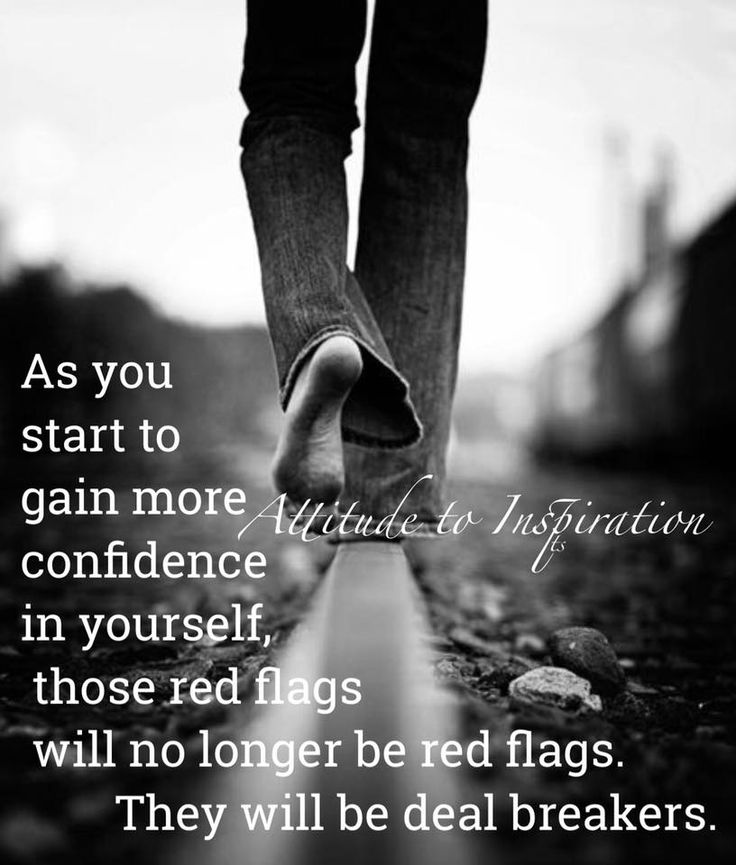 And if anybody threatens this belief, turmoil and chaos tend to follow.
And if anybody threatens this belief, turmoil and chaos tend to follow.
Being emotionally involved with a narcissistic, ego-driven person can be exhausting and traumatizing. Their needs will always be considered more important than yours.
7. Anger management issues
If someone you are close to has anger management issues, you might feel threatened or unsafe during conflict. Lack of emotional regulation is a definite red flag for any relationship.
We all should feel comfortable enough with a partner or friend to tackle difficult subjects without fearing for our safety. Anyone who uses anger as an intimidation tactic is displaying toxic behavior.
8. Codependency
Codependency and the ensuing emotional labor might not always present themselves as toxic. But codependency in relationships can be a pervasive pattern that causes issues such as emotional exhaustion and increasing mental load.
Codependency, or “relationship addiction,” happens when two people rely on each other exclusively for emotional, psychological, and even physical support.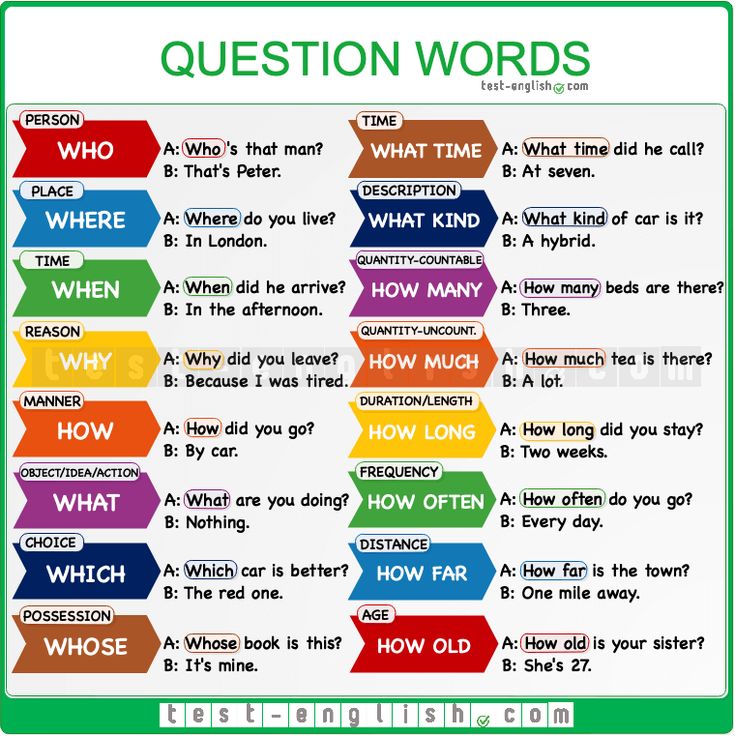 This alienates them from their other relationships and can stunt personal growth.
This alienates them from their other relationships and can stunt personal growth.
9. Inability to resolve conflict
People that avoid conflict might think they are protecting the relationship from ruin. But in the end, it only results in long-winded passive aggression.
As uncomfortable as it can be, embracing constructive conflict is a crucial element of all relationships. Without productive conflict, serious matters can never be resolved. This can lead to resentment and wasted energy.
10. Constant jealousy
It is natural to feel jealous when your partner or friend is spending a lot of time with others. However, that is not an excuse to let it cloud your judgment.
Someone who is constantly jealous of your connection with others cares more about what they want than your happiness.
11. Gaslighting
Gaslighting is a common tactic of manipulation. It is an insidious form of emotional abuse in which the manipulator will make you question your own sanity or judgments.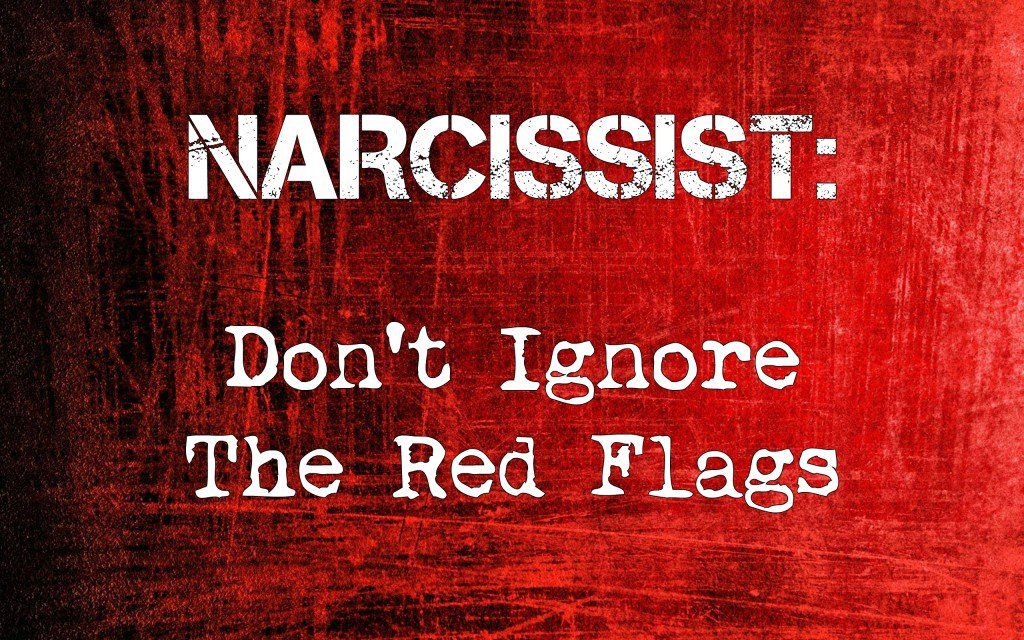
Victims of gaslighting are made to feel guilty regardless of whether or not they did anything wrong. Gaslighting is a clear red flag in any relationship.
12. Lack of emotional intelligence
Emotional intelligence is the ability to perceive and manage emotions.
People with a low level of emotional intelligence are unable to pick up on your feelings or empathize with you. This often results in unnecessary conflicts or forms of manipulation.
13. Negatively affecting your relationship with family and friends
For many of us, our family and friends provide an important sense of community. It’s a major red flag if someone in your life is negatively affecting your relationship with those you love. Healthy relationships should never come at the cost of other healthy relationships.
Yellow flags versus red flags
Yellow flags are similar to red flags, only slightly less severe. A red flag is a clear warning sign. In contrast, yellow flags indicate a problem area that needs to be addressed.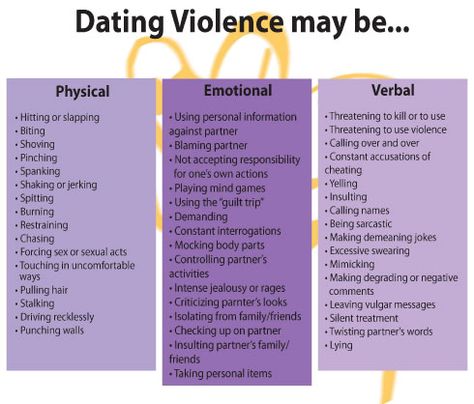
There are bound to be imperfections and areas for improvement in any relationship. However, no relationship should cause more harm than good.
Yellow flags are signals that point towards patterns or behaviors that need to be shifted in order for the relationship to flourish.
For example, a red flag might be when a partner forbids you from going to events without them. A yellow flag could be them becoming grumpy or angry when you do.
Yellow flags are not necessarily a reason to end a relationship. But they require mutual acknowledgment and input from both sides to resolve.
Anything about a partner, friend, colleague, or family member that has the potential to cause friction over the course of your relationship is probably a yellow flag.
If something about someone in your life directly threatens your health or well-being, it is probably a red flag.
Not every relationship problem is detrimental. But many of them can pile up and create an avalanche if left unchecked for too long. Knowing the difference between these yellow and red flags can help you identify the right course of action.
Knowing the difference between these yellow and red flags can help you identify the right course of action.
How to approach red flags in a relationship
Like with any delicate social situation, addressing red flags in a relationship requires:
- Tact
- Honesty
- Self-care
Taking care of yourself should be a top priority in life. If a relationship is coming between you and your happiness, something needs to change.
If you notice some red flags in your relationship, here’s how to approach them.
1. Acknowledge your own needs
You should never have to sacrifice your own needs for someone else’s. Yes, compromise is healthy. But it isn't worth it if it comes at the cost of your happiness and subjective well-being.
Acknowledge your needs with a self-care plan. This can give you insight into what you really want out of life. And it can encourage you to speak up and be more direct about important relationship changes.
2.
 Communicate
CommunicateCommunication is at the center of all healthy relationship dynamics. Without the freedom to express how you feel, very little progress can happen.
Sometimes, a partner or friend is unaware of how their actions affect you. You need to communicate with them openly before any changes can happen.
3. Avoid being overly emotional
There is nothing wrong with having or expressing feelings. But not using the right emotional regulation skills can cloud your judgment and trigger irrational responses.
When tackling a difficult subject within your relationship, maintaining a calm mentality can help you reach a solution as effectively and kindly as possible.
4. Seek professional help
There’s only so much effort you can put in before you need external support.
Clinical psychologists and social workers are there to help people going through difficult stages and phases of life.
If you are dealing with an issue within your relationship and feel under-equipped to handle it, seeking professional help can make a tremendous difference.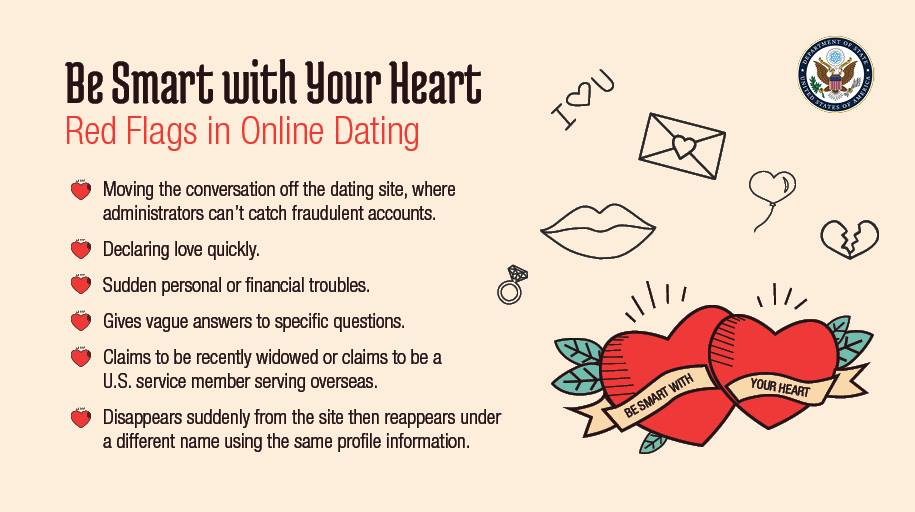
5. Be honest with yourself
Managing a series of red flags with your friend or partner is going to be much more challenging if you are not honest with yourself.
Conflict resolution is easier if everyone involved is being open and honest about how they really feel. Be honest with yourself, and don’t shy away from the truth.
6. Set boundaries
Setting boundaries is one of the most important parts of a healthy human connection, regardless of whether it is with a friend, colleague, family member, or significant other.
We all need boundaries to protect ourselves and keep our relationships as sustainable as possible. You should clearly state your needs, boundaries, and deal-breakers with a loved one.
For example, if your colleague is demanding, don't be afraid to put down your foot and ask for some personal space.
7. Reconnect with friends or family
Whether it is a friendship, a work relationship, or a romantic one, negative relationships can be isolating. The more isolated you are, the harder it is to have perspective on yourself or see alternatives.
The more isolated you are, the harder it is to have perspective on yourself or see alternatives.
Although a bad relationship can strain your other relationships, spending time with the people who have known you for a long time can help you reconnect with your core values. Seek out people whom you respect and trust, even if you've been out of touch for awhile. Let them know that you miss and value their friendship.
Spending time with others can help you feel accepted and supported and remind you of your strengths.
8. Know when to leave
Not all relationships are meant to last. While this can be a difficult truth to accept, understanding the importance of leaving a destructive relationship is the ultimate act of self-care.
You can’t reach your full potential if you are stuck in a relationship that drains your energy and prevents you from growing, doing your best, or finding joy. Have the courage to cut ties with toxic individuals and focus instead on repairing your relationship with yourself.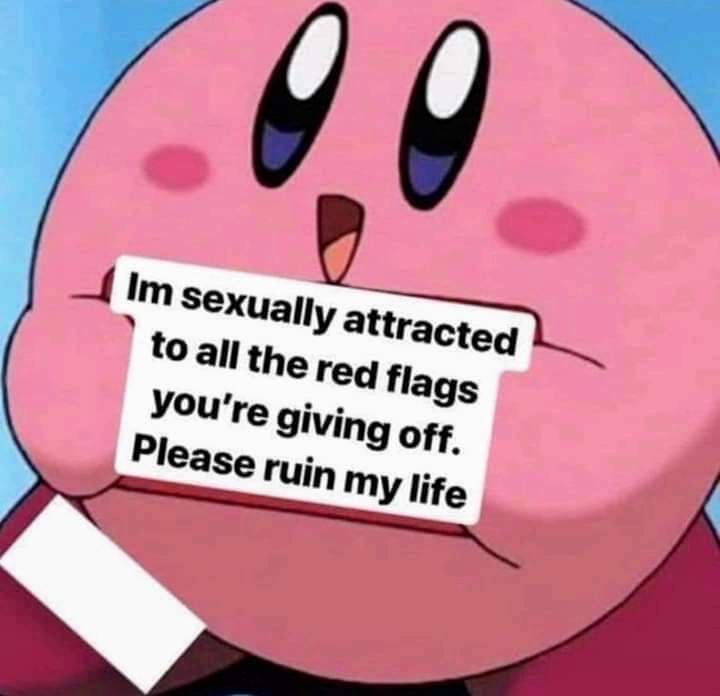
You can try grey rocking for a short period or specific instances. But this technique is not a long-term solution.
This can be more difficult in work relationships. But it’s still possible to set healthy boundaries and even reach out to HR for help.
Red flags in a relationship need to be addressed
It doesn't matter if it's a romantic relationship or a new relationship with a colleague. Knowing how to identify red flags is important.
Toxic relationships can be a vacuum of energy and happiness. But there are ways for us to learn defenses against these unhealthy dynamics.
Relationships can only thrive when everyone involved is being met with the same love and kindness that they are giving out.
From the office to the playground, navigating healthy social dynamics is a fundamental part of the human experience.
If you need help improving your self-awareness and building stronger, more satisfying, relationships with others, contact BetterUp.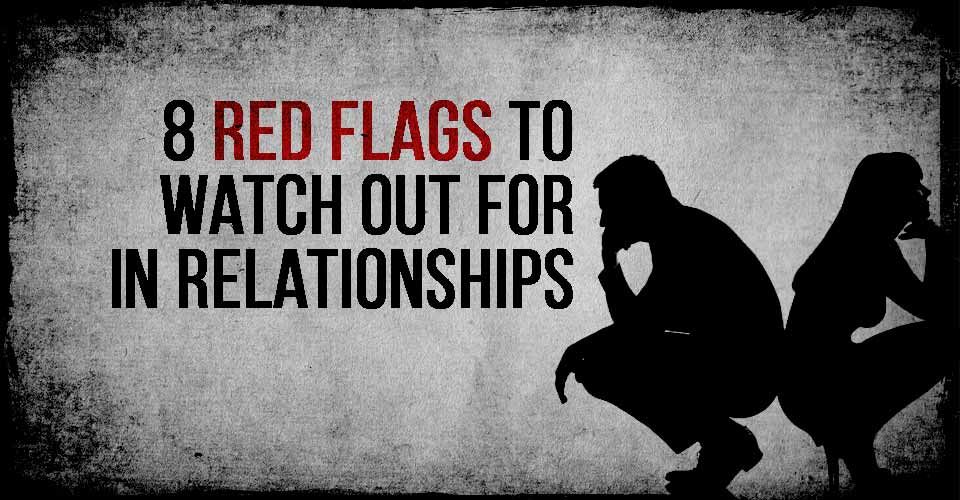 We’d love to help you build a foundation for healthy relationships and personal growth.
We’d love to help you build a foundation for healthy relationships and personal growth.
What Are the Red Flags in a Relationship You Should Never Ignore?
Despite what tweeters waving their red-flag emojis across the internet may suggest, red flags in a relationship aren’t merely (hilarious) pet peeves or conflicting preferences—leaving used floss around the house, hating dessert, not liking cats, really liking cats. But they’re not always obvious deal-breakers, either. Yes, some red flags are redder than others, and certain signals always mean you should stay far, far away (more on that below), but a lot of red flags can be hard to spot.
Red flags are behaviors that give you serious pause (or should give you serious pause)—and that could sometimes indicate a larger pattern, Philadelphia-based practicing couples counselor Folashade Adekunle, M.Ed., tells SELF. A partner who forgets your birthday once? Irritating, yes, but a red flag? Not necessarily. The partner who repeatedly forgets important dates, however, is likely revealing something about who they are and what they value. One reason red flags can be tricky to identify is that so much else in the relationship could be going well. On top of that, it can be hard to pinpoint what, exactly, is making us feel uncomfortable, Adekunle says. Along with noting repeated behaviors, she recommends paying attention to your gut feeling when certain behaviors arise and asking yourself these questions for deeper reflection: Does this behavior make me feel unsafe, uncared for, or bad about myself? If the answer to any of those questions is yes, you’re in red flag territory.
The partner who repeatedly forgets important dates, however, is likely revealing something about who they are and what they value. One reason red flags can be tricky to identify is that so much else in the relationship could be going well. On top of that, it can be hard to pinpoint what, exactly, is making us feel uncomfortable, Adekunle says. Along with noting repeated behaviors, she recommends paying attention to your gut feeling when certain behaviors arise and asking yourself these questions for deeper reflection: Does this behavior make me feel unsafe, uncared for, or bad about myself? If the answer to any of those questions is yes, you’re in red flag territory.
Dulcinea Pitagora, Ph.D., New York City-based psychotherapist and sex therapist, agrees that red flags in a relationship typically show up first as feelings. They recommend checking in with your body to see what physical sensations arise when you contemplate a potential red flag situation—for example, maybe you feel tightness in your chest or your heart rate increases. “It’s also okay if you’re not sure why you’re feeling the way you’re feeling,” Dr. Pitagora tells SELF. “It’s enough to know that something doesn’t feel right and needs to change.”
“It’s also okay if you’re not sure why you’re feeling the way you’re feeling,” Dr. Pitagora tells SELF. “It’s enough to know that something doesn’t feel right and needs to change.”
The bottom line: If your partner’s behavior makes you feel iffy, it’s a sign that something needs to be addressed—either with yourself, with them, or with a therapist. (Or some combination of those options.) Regardless of whether that process leads to a breakup or a breakthrough, it’s important to honor your feelings in order to build self-trust, Dr. Pitagora says. So, on the topic of listening to and trusting yourself, we asked therapists for common relationship red flags worth paying attention to. (If you're looking to get in a relationship, check out some of the best dating apps).
1. They rush a new relationship forward too quickly.Popularly referred to as “love bombing,” this red flag isn’t necessarily about the new partner who says “I love you” too soon or who wants to move in together after five dates.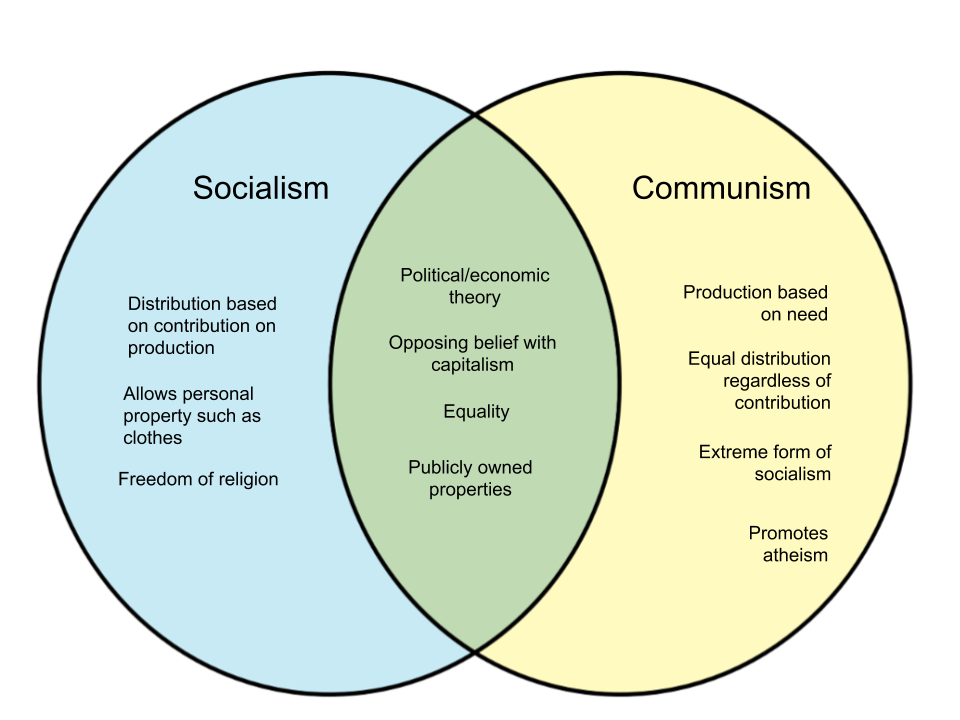 Love bombing becomes worrying when “one person is trying to manipulate the other into a situation of dependency,” Adekunle says. If your person is saying things like, “I can’t live without you,” or seeking to isolate you with the fierceness of their affections, those are very concerning signs. Adekunle points out that a fast-moving relationship can be fine so long as it feels right. Remember to check in with your body: If you feel anxious about your partner moving at warp speed, it’s probably a sign to pump the brakes and examine where your feeling is coming from.
Love bombing becomes worrying when “one person is trying to manipulate the other into a situation of dependency,” Adekunle says. If your person is saying things like, “I can’t live without you,” or seeking to isolate you with the fierceness of their affections, those are very concerning signs. Adekunle points out that a fast-moving relationship can be fine so long as it feels right. Remember to check in with your body: If you feel anxious about your partner moving at warp speed, it’s probably a sign to pump the brakes and examine where your feeling is coming from.
Some relationships end so badly that we’re still sour about an ex years down the line—but if your new partner spews vitriol at any and all of their “crazy” former lovers every chance they get, it’s a good clue that they are the problem. When your new partner can’t identify some way that they caused some of their past breakups, that is reason to use “extreme caution,” Gina Senarighi, Ph. D., couples counselor and dating coach tells SELF. “The odds are good that they’re going to lack that same kind of insight now with you,” Dr. Senarighi says. In other words, if you end up dating them, you’ll likely one day join the ranks of those “crazy exes” too. Knowing how to get over a breakup is helpful before moving forward in a new relationship.
D., couples counselor and dating coach tells SELF. “The odds are good that they’re going to lack that same kind of insight now with you,” Dr. Senarighi says. In other words, if you end up dating them, you’ll likely one day join the ranks of those “crazy exes” too. Knowing how to get over a breakup is helpful before moving forward in a new relationship.
The good news is that this one should be clear early on before you’re invested in a relationship. Dr. Senarighi explains that because our culture undervalues service industry workers, the way your date talks to the waiter or the Lyft driver will give you great information about their views on social structure, their sense of entitlement, and how they respond when they’re in positions of power. In short, do you want to be with someone who feels it’s their right to be rude to the bartender? If not, order your martini to go.
4. Their dating profile doesn’t match who they really are.
In dating, we all want to put our best foot forward, but “there’s a difference between presenting your best self and being inauthentic,” Dr. Senarighi says. If your date calls himself “an avid hiker” but it turns out that he only wants to walk the paved paths along the golf course, it’s worth taking note. Does he lack self-awareness? Is he trying to present an idealized version of himself because he really wants to be that person? Either way, it’s worth exploring because a lack of self-awareness combined with incongruence between words and actions can cause problems when it comes to conflict resolution down the line, Dr. Senarighi says.
5. The way they express anger makes you feel unsafe.Anger is normal and if you’re in a relationship, it’s pretty much guaranteed that there will be times when you want to bury your face in the nearest pillow and scream. That said, if your partner gets so angry they punch a wall or break household items, Adekunle notes that they have the potential to escalate those behaviors in the future. Because anger management issues can segue into abuse, Adekunles says that they are often surefire signs to end the relationship immediately.
Because anger management issues can segue into abuse, Adekunles says that they are often surefire signs to end the relationship immediately.
And we’re not talking about your partner forgetting to pick up eggs or needing to be reminded of the name of your Aunt Beverly’s new husband again. This is about those significant aspects of yourself that you share with your partner, like your interests, your traditions, and the people in your life who make you feel whole. Adekunle says a good question to ask yourself is, “How does this person show care about my interests and the things that are important to me?” She also notes that this red flag can “become yellow” if your partner exhibits change. Communication is key: If you feel like you’re not being seen or heard, Adekunle advises asking your partner, “Do you understand how important this is to me?” If that leads to improvement, great! If not remember that someone who isn’t willing to grow isn’t worth your time.
Does your partner refuse to stop tickling you when you tell them to knock it off? Do they continue to touch you in seemingly innocent ways (like hugs, shoulder rubs, or even repeatedly poking you in the arm like a sibling) when you ask for personal space? “Like with all boundaries, we want to ensure that someone is respecting the ways in which we tell them how to treat us,” Adekunle says. The concern here is around escalation. If a partner is pushing physical boundaries, Adekunle advises that it “might be a sign that this person won’t respect these boundaries over time. We want people to be able to hear ‘no’ and ‘stop’ and take us seriously.”
8. You’re hesitant to introduce them to your friends.Being nervous to introduce your new partner to the other people in your life is normal, but if the thought of bringing everybody together makes you want to hide in the bathtub, that’s worth exploring, Adekunle says. She notes that red flags aren’t always immediately “definable” and that it’s okay if you have to sit with your feelings for a while before you identify what’s making you feel uncomfortable. Why are you avoiding introducing your person to your friends? The answer might help you pinpoint some deeper trouble or concern. You should also consider whether your hesitation really has to do with your partner. Maybe it’s more about your own insecurities or superficial concerns (“What if he wears cargo shorts to brunch?”)—a sign that you may need to work on these issues.
She notes that red flags aren’t always immediately “definable” and that it’s okay if you have to sit with your feelings for a while before you identify what’s making you feel uncomfortable. Why are you avoiding introducing your person to your friends? The answer might help you pinpoint some deeper trouble or concern. You should also consider whether your hesitation really has to do with your partner. Maybe it’s more about your own insecurities or superficial concerns (“What if he wears cargo shorts to brunch?”)—a sign that you may need to work on these issues.
Love can be unobservant, so if your friends aren’t wild about your new partner, that can be a great reality check, Adekunle says. She recommends asking the people who know you best: “What are you seeing about this person that’s giving you pause on wanting to spend time with them or getting to know them?” Be prepared: The answers might be hard to hear, but ultimately important to know.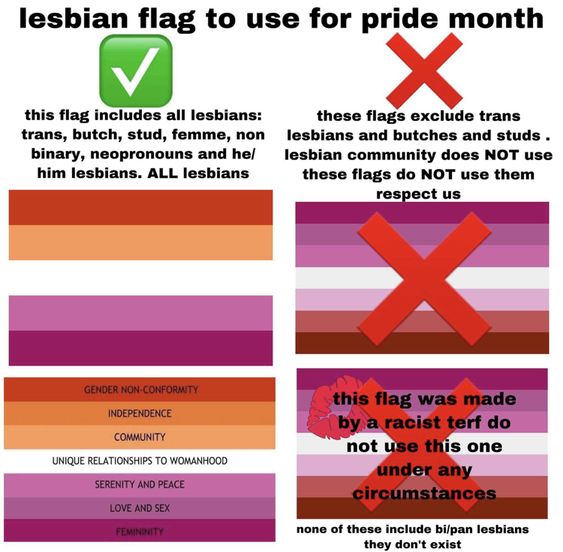
“It was only a joke” are not magical words that erase hurtful insults. Excessive sarcasm, a mean sense of humor, or jokes that regularly point out your flaws can represent “a nonconsensual way to leverage power in the relationship,” Dr. Pitagora explains. Adekunle agrees and says there is an important difference between couples who “roast” each other in a consensual, fun way and a partner whose jokes make you feel bad about yourself. Especially concerning: If you tell your partner, “This hurts my feelings,” and their behavior doesn’t change. In that case, this red flag becomes a “non-negotiable,” Adekunle says.
11. They gaslight you.Gaslighting is emotional manipulation where your partner twists reality, making you doubt your perceptions through denial (“I never said that”) or by blaming you (“You’re too sensitive”). Not only is it abusive, but it’s also very difficult to identify. “The partner waving this red flag may use the other partner’s vulnerabilities against them, making the gaslit partner believe that they are to blame for whatever the problem is, and making it difficult to know whether they’re actually seeing a red flag or not,” Dr. Pitagora says. Because gaslighting can leave you second-guessing yourself, Dr. Pitagora advises seeking the support of people who make you feel safe—like a therapist or trusted loved one—to discuss what you’re feeling and get more clarity on your partner’s behavior.
“The partner waving this red flag may use the other partner’s vulnerabilities against them, making the gaslit partner believe that they are to blame for whatever the problem is, and making it difficult to know whether they’re actually seeing a red flag or not,” Dr. Pitagora says. Because gaslighting can leave you second-guessing yourself, Dr. Pitagora advises seeking the support of people who make you feel safe—like a therapist or trusted loved one—to discuss what you’re feeling and get more clarity on your partner’s behavior.
Whether your date peppers you with microaggressions (“What are you?”) or expresses more overtly racist, sexist, homophobic, or transphobic views, this red flag can fall into the category of abusive behaviors, Dr. Pitagora notes. How you choose to respond in the moment depends on the situation and how safe you feel. Dr. Pitagora advises that those “without the comfort, energy, resources, or support to speak up about someone’s offensive behavior” can end the interaction and should not feel beholden to explain why.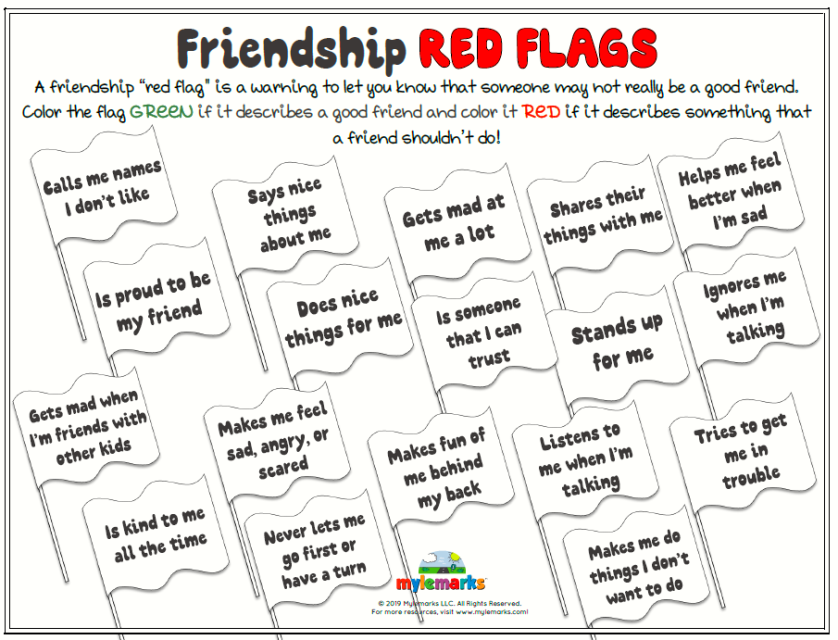 You can say something like, “This isn’t working for me” and leave it at that. “With unsafe folks, it’s okay to ghost them,” Dr. Senarighi says. If you’re comfortable with the other person, however, you can tell them that their comments are harmful and see if they’re willing to address and correct their behavior. If they’re defensive and unwilling to grow, yep, that’s another red flag.
You can say something like, “This isn’t working for me” and leave it at that. “With unsafe folks, it’s okay to ghost them,” Dr. Senarighi says. If you’re comfortable with the other person, however, you can tell them that their comments are harmful and see if they’re willing to address and correct their behavior. If they’re defensive and unwilling to grow, yep, that’s another red flag.
We’ve all been in that fluttery stage of a relationship when spending every moment together feels like you’re living inside the “Crazy in Love” music video (remember those?). But what happens when that fades? Dr. Senarighi notes that spending too much time with your partner can make you lose your sense of self and your support systems. Taking space for yourself in a relationship is healthy, as is paying attention to how your partner responds when you do. If they pout or guilt-trip you or get angry, Dr. Senarighi says those behaviors could represent an inability to manage discomfort, or point to possessiveness. Your partner could also simply struggle with meeting their own emotional needs, which isn’t a crime but is something they’ll have to resolve if they want to be in a healthy relationship in the long term.
Your partner could also simply struggle with meeting their own emotional needs, which isn’t a crime but is something they’ll have to resolve if they want to be in a healthy relationship in the long term.
“It’s not that people with trauma can’t have great relationships, they absolutely can,” Dr. Senarighi notes. The same goes for people with mental illness. And, to be clear, it’s not that people with trauma or mental health issues can only have wonderful relationships when they’re completely “healed,” or some other similar and potentially unattainable benchmark. It’s more about aspects like: Are they self-aware about how their trauma or mental health issues affect themselves and others? Are they receiving some kind of support or otherwise trying to heal? Seeking this kind of help can look like going to therapy, attending support groups, progressing through mental health workbooks, or even forging strong friendships outside of your relationship.
10 Relationship Red Flags You Shouldn't Ignore - HEROINE
We fall in love, let new people into our lives, and sometimes become so attached to them that we don't notice their flaws and the things that bring us discomfort and suffering. The lack of knowledge in the field of human psychology and how to properly build relationships between partners leads to the fact that even happy couples break up. We want to tell you about the 10 most important red flags that indicate the presence of problems in a relationship, and explain why you should not ignore them. nine0003
1. Your partner is your own big fan
Arrogance has never been an attractive trait. If your partner is able to see enviable qualities only in himself, then he is either a narcissist or a terribly insecure person whose complexes manifest themselves in such a passive-aggressive way. If you've heard stories about exes that he dumped because they weren't good enough for him, then it's worth considering whether such a person can love someone other than himself.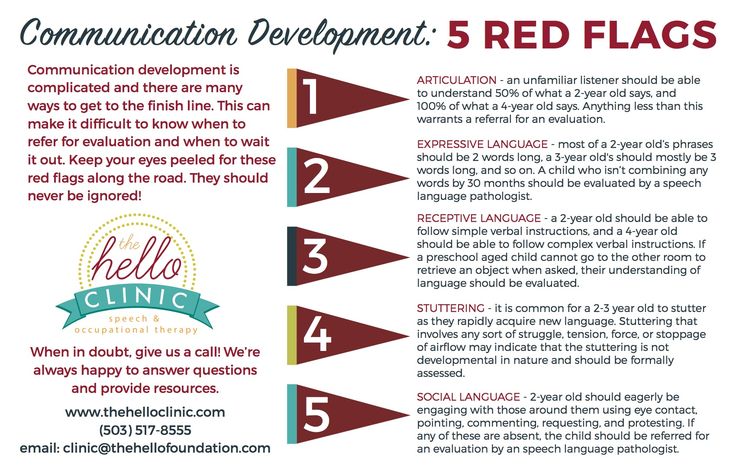 nine0003
nine0003
2. You are the center of his Universe
Living in perfect harmony is wonderful, but depending on each other financially, emotionally or psychologically is a big red flag that promises trouble. Each of the partners must, first of all, see themselves as a separate and accomplished person who is able to live a full life without a partner. Both of you can give each other a real and strong relationship only if you are complete separately and can take care of yourself on your own, because relationships are not an escape from loneliness, it is the choice of two people to be together. nine0003
3. He always looks for someone to blame
When a partner is not able to admit his mistakes and accept defeat, everyone around him becomes the culprit of his troubles and failures. It is very difficult to have a constructive conversation with such a person, as he will always shift the responsibility to you or someone else. This is a warning of larger problems.
If a man cannot control himself, how can he be responsible for a relationship? Can you be honest with him if you know how hard it is for him to admit his own mistakes. It is these people who most often refuse to compromise and work on relationships, so you are likely to experience a painful breakup. nine0003
It is these people who most often refuse to compromise and work on relationships, so you are likely to experience a painful breakup. nine0003
4. You have to fit into his schedule
Being busy isn't a problem, but if your boyfriend expects you to fit into his crazy schedule, your relationship is more about convenience than desire. In a relationship where people care about each other, it is necessary to prioritize correctly. If he or you cannot sacrifice your worries for the sake of each other, then perhaps both of you are not yet ready for a serious relationship.
5. You have difficulty communicating
Not all people can openly talk about their feelings, but if you feel that your partner deliberately avoids answering, hides his thoughts and does not share the details of his life, then most likely he is not satisfied with the state of affairs, but he does not know how to tell you about it. Both of you should feel comfortable talking about what is important to each of you. Only then can you solve problems and feel real emotional closeness.
Only then can you solve problems and feel real emotional closeness.
6. You suspect a lie
This problem is related to communication difficulties, but there is a big difference between a guy who has difficulty talking about his feelings and an outright liar. If your boyfriend does not finish, or gives you not completely frank answers about how he feels, how he sees the future between you and what stage of the relationship you are now, then this can turn into a problem that will only bring negative emotions. You will begin to build illusions, and he will be able to hide behind the fact that he never told you what you took for the truth. nine0003
7. He doesn't want to be labeled
If you've only been dating for a week, then labeling may indeed be unnecessary, but at certain stages, communication between you should be concretely defined. If your boyfriend is in no hurry to call you his girlfriend even after a month of “no labels”, then most likely he is either not sure that you are the right one, or does not want to commit himself to you, as he is not yet ready for a relationship or looking for another option. nine0003
nine0003
8. He has no ambitions and goals
When a partner cannot say what he wants from this life and does not strive to achieve anything, then your relationship can and will be fun at the beginning, but soon you will realize that life is next to him boring and dull, and people without ambitions and interests only drag you down.
9. He doesn't know why he's with you
We don't ask you to give a clear idea of every step in a relationship, because sometimes you want romantic nonchalance, but you and your partner should at least have a rough idea of what exactly binds you together. If at the beginning it can be passion, interest, a thirst for something new, then later, each of you has the right to expect deeper feelings. If your partner still can't answer why he's with you, then maybe he's just using you as the only option at the moment and waiting for someone better. And even if not, then being close to a person who cannot decide on his desires and feelings implies that you yourself will understand and think out what should be in your relationship. nine0003
nine0003
10. You have been warned about it more than once
Reputation does not appear with us by itself, it is deserved for reasons. If this is not the first time you have heard unflattering comments from someone about your partner, then you should listen to them and compare them with that one. what you have noticed. Only you can decide whether you want to be with him or not, but if people who have known him for a long time say that he is selfish or likes to embellish reality, then over time, you can understand that they were right. nine0003
Add to favorites
Share
Related articles:
Red flags in relationships: learning from TV shows 🚩
LoveFandom
Have you noticed how lately people are talking more and more often about red flags in relationships? This topic is raised by both bloggers and psychologists in their new videos, various board games with the same name go on sale, and TikTok even has a separate “Red flags” mask. But have you ever wondered what the term really means?
But have you ever wondered what the term really means?
Let's start with the obvious: red is used both in sports and in everyday life (remember the same traffic light) as a signal to stop. That is, in fact, noticing the red flag, a person should put things on hold and think about what is going wrong at the moment. In a relationship, this phrase is used to recognize toxic manifestations in the actions of a partner (or pay attention to your own behavior) and leave in English. Well, now let's figure out what these flags are 👇
Jealousy for no reason
Who should not be like: Ross from Friends
Do not rush to throw tomatoes! Someone may say that jealousy is an indicator that you are not indifferent to a person, and one cannot but agree here. But to accept this point of view in full is also not possible. There are a few things to consider here: how often your loved one worries about competing for your heart, and how they express it in words and actions. nine0003
nine0003
It is good if you calmly discuss such experiences and look for a way out of the situation together. But if, as in the case of Rachel and Ross from Friends, his jealousy turns into reproaches in your direction (and be honest with yourself) is unreasonable, then gracefully turn around and go to hell, girls! 😂
Constant control
Who should not be like: Joe from the series "You"
Does he have passwords for all your social networks, a house key and a pin code for a bank card? Run! Well, seriously, worrying about the safety of a partner, from time to time wondering how he is doing, and constantly holding a person at gunpoint are not the same thing. By the way, this is perhaps the final stage of jealousy, also known as insanity. The reason for this can be two things: low self-esteem of a partner (make sure that everything else a person does not assert himself at your expense) or stalker habits. nine0003
If everything suits you, then we will try to clarify the danger of such a habit with the help of the series "You". Even removing murder and stalking (you can't turn a blind eye to that, right?) from Joe's checkbox, he's still a toxic boyfriend. It is important for him to know everything about his partner and have complete power over his life, otherwise Joe is capable of the worst. Oh yeah, and let's not forget about gaslighting - a special kind of psychological abuse 🙅♀️
Even removing murder and stalking (you can't turn a blind eye to that, right?) from Joe's checkbox, he's still a toxic boyfriend. It is important for him to know everything about his partner and have complete power over his life, otherwise Joe is capable of the worst. Oh yeah, and let's not forget about gaslighting - a special kind of psychological abuse 🙅♀️
Disinterest in you
Who not to be like: Dean from Gilmore Girls
It's great when a person is interested in what is important to you and tries to remember the smallest details. But do not rush to get upset if you have to repeat something several times - we all have difficult days when our heads are full of extraneous thoughts and even the most important information is forgotten. And if a person prefers physical contact to ordinary heart-to-heart talk (absolutely always) and chooses a group of friends for communication, then here it is, the very red flag. nine0003
It's even worse if you have to hear the regular "don't make a fuss", see your loved one roll their eyes more often than rejoice at your accomplishments, and all your problems be unduly downplayed.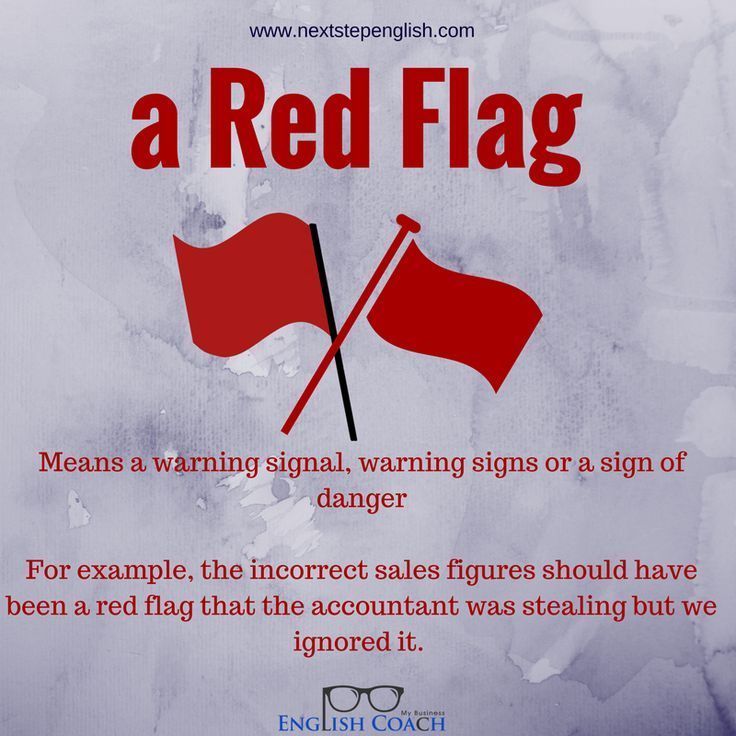 I'm sorry, but this is anything but love, and you really deserve more. This is exactly what happened to Dean and Rory from Gilmore Girls: at first everything even went smoothly, and they did not part for a minute, but when the primary love passed, Dean became irritable, controlling and indifferent. And instead of expressing his opinion on Rory's work, he answered something like: "You know more about this than I do" 🤷♀️
I'm sorry, but this is anything but love, and you really deserve more. This is exactly what happened to Dean and Rory from Gilmore Girls: at first everything even went smoothly, and they did not part for a minute, but when the primary love passed, Dean became irritable, controlling and indifferent. And instead of expressing his opinion on Rory's work, he answered something like: "You know more about this than I do" 🤷♀️
Bad attitude of his friends towards you
Who should not be like: William from the TV series "Scam"
Or even easier, pay attention to how your acquaintance with them went. You see, guys always discuss their heart matters among themselves, but not in the same way as girls, of course. And you can easily determine the attitude of a guy towards you by the way his friends behave in your presence. Firstly, if you are important to him and he does not perceive you as another affair, then he will put a ban on all vulgar jokes and caustic comments addressed to you.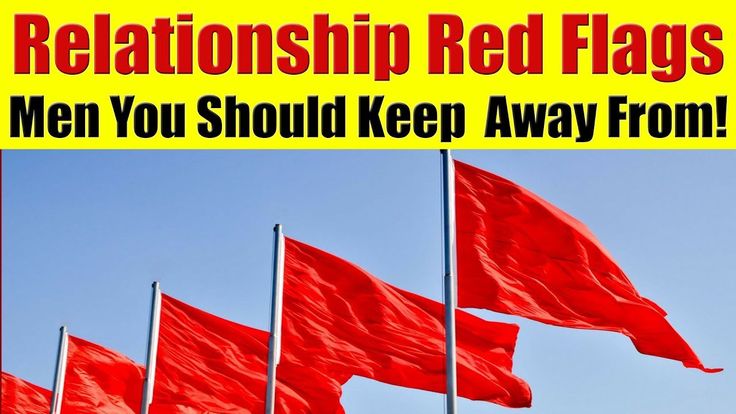 nine0003
nine0003
Also, if one of his friends is aggressive and reacts violently to your every word, then perhaps your boyfriend introduced you in absentia in a bad way, and it's worth considering. Unfortunately, Vilde from Skam did not know about this at the time and created the perfect image of a guy in her head. As a result, William took advantage of her, did not even remember her name, and made a mockery of her among his friends. But the worst thing is that Nura turned a blind eye to all this and trusted the guy. It turned out two-faced 👿
Endless addictions
Who not to be like: Elite's Valerio
No, this is not just a difficult period, and no, this is not temporary. It is convenient for a person to have someone on his side and continue to believe in him, no matter what. Of course, everyone deserves a second chance and you can’t score on your loved one ahead of time, but think a thousand and one times before getting involved in something like this. Otherwise, instead of a happy future, joint suffering awaits you, and it’s good if you don’t get pulled along with it. And remember, you can always find another way out of the situation, and ordinary pity has not helped anyone yet. nine0003
Otherwise, instead of a happy future, joint suffering awaits you, and it’s good if you don’t get pulled along with it. And remember, you can always find another way out of the situation, and ordinary pity has not helped anyone yet. nine0003
As much as we'd like to admit it, Elite's charming Valerio isn't nearly as lovely as his smile. Not only was his relationship with Lou illegal, but he also liked making promises more than keeping his word. Valerio didn't care much about how these feelings would affect his beloved or how his addiction would affect the most precious people in his life. And even when his friends forgave him for this shortcoming, he considered it appropriate to sell them drugs, playing on their weaknesses. Bring the best guy award here 😂
Games out of the blue
Who not to be like: Chuck from Gossip Girl
But we know them as emotional swings. They can be extremely exciting and bring a lot of interesting sensations to ordinary life, but what's the point? Such games will not make anyone happier, because under all the tinsel they are the most real manipulation. People are attracted to swings because it allows them to avoid responsibility for their actions and feelings. This includes being unreachable, being rude for no reason, or taking complete control of the relationship. nine0003
People are attracted to swings because it allows them to avoid responsibility for their actions and feelings. This includes being unreachable, being rude for no reason, or taking complete control of the relationship. nine0003
Chuck and Blair are one of the best Gossip Girl couples with many iconic scenes that we remember to this day. Their incredible chemistry and Chuck's devotion are just a small part of what makes this couple so special. However, the obvious red flags in both the guy's behavior and the basis of their relationship cannot be avoided. After all, their romance was full of unhealthy games, which then led to their endless quarrels and reconciliations. This, of course, adds interest to the plot, but spoils everything good that can be between two lovers 😥
Hot temper and aggression
Who should not be like: Nate from the Euphoria series
Frequent and uncontrollable. Someone who shows aggression towards you, loved ones, strangers, and even animals should be a serious concern. This indicates that he has not developed a healthy way to properly channel and express his emotions. It all starts with a sloppy word, a wave of the hand and leads to physical violence, such is the reality. So don't take it into your head to accept an apology and believe his promises to change, but pack your things and run away. This is not a joke! nine0003
This indicates that he has not developed a healthy way to properly channel and express his emotions. It all starts with a sloppy word, a wave of the hand and leads to physical violence, such is the reality. So don't take it into your head to accept an apology and believe his promises to change, but pack your things and run away. This is not a joke! nine0003
Remember the same Nate. He is a tough man, but holds himself well most of the time. It is impossible to predict his outbursts of anger, as well as to calm him down with common sense. When he attacked Maddie at the carnival, he didn't care about her feelings because Nate knew she loved him so much she wouldn't tell anyone. He wanted to test his power over her and his sadistic plan worked until she passed out at school the next day 🤯
Steady lies
Who not to be like: Simon from The Bridgertons
Lying at the beginning of communication, even in such small things as talking about what he did last weekend, is like a trailer for what waiting for you in the relationship itself.